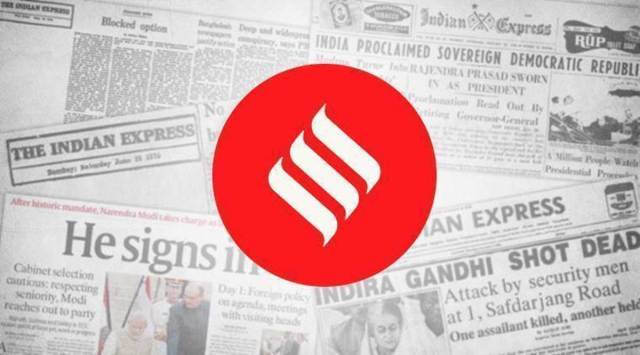
Next week, when the UK inoculates the first lot of its citizens against COVID-19, humanity could be taking the first steps towards piercing the pall of the pandemic, exceeding the most optimistic of expectations at the start of the outbreak. China and Russia have reportedly also administered anti-COVID vaccines at a mass level, but questions overhang their trial protocols. The UK regulator’s approval, in contrast, came after the vaccine developed by the American pharma giant Pfizer and the German firm BioNTech reported 95 per cent efficiency in the final phase of trials. The 10-month period taken by the vaccine to journey from concept to reality is a record of sorts in humankind’s battles against mysterious contagions. The UK’s Health Secretary Matt Hancock has said that the first 8,00,000 doses will be available from next week.
The mRNA technology has been in the works for about 25 years. It’s been experimented with in vaccines against the zika virus and in the latest versions of the rabies preventive. Enabling the human body to produce replicas of a pathogen is easier and safer than creating weakened viruses in laboratories. However, the mRNA is an unstable molecule — unless cocooned in sub-zero temperatures, it breaks down. The Pfizer-BioNTech vaccine needs to be stored at below minus 70 degrees Celsius. Only a limited number of pharmacy distribution centres, even in the developed world, have such refrigeration facilities. Work is on to overcome this obstacle. In fact, another frontrunner vaccine candidate, developed by the pharma major Moderna, that also takes the mRNA approach, can be kept at a much-less demanding minus 20 degrees Celsius. Even then, given that countries will require a bouquet of vaccines against the novel coronavirus, there is no time to lose in improving cold chain logistics, especially in countries challenged on that front, including India.